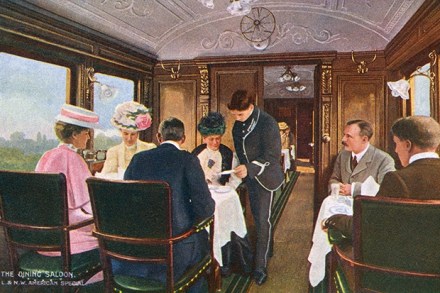Bard times
It is fair to say that Jeanette Winterson is not Shakespeare, though I cannot imagine why any authors would accept these commissions to retell the plays — Margaret Atwood is lined up for The Tempest, Howard Jacobson for The Merchant of Venice — since the only certainty is that the texts will not be as good as Shakespeare. At least Winterson has chosen one of the more fascinating plays. Collected with the comedies in the First Folio, it is a singularly stark and strange work. Updated to the present day, the jealous King Leontes of Sicily is now Leo, the hedge-fund manager of Sicilia. His wife, MiMi, is a half-French




















